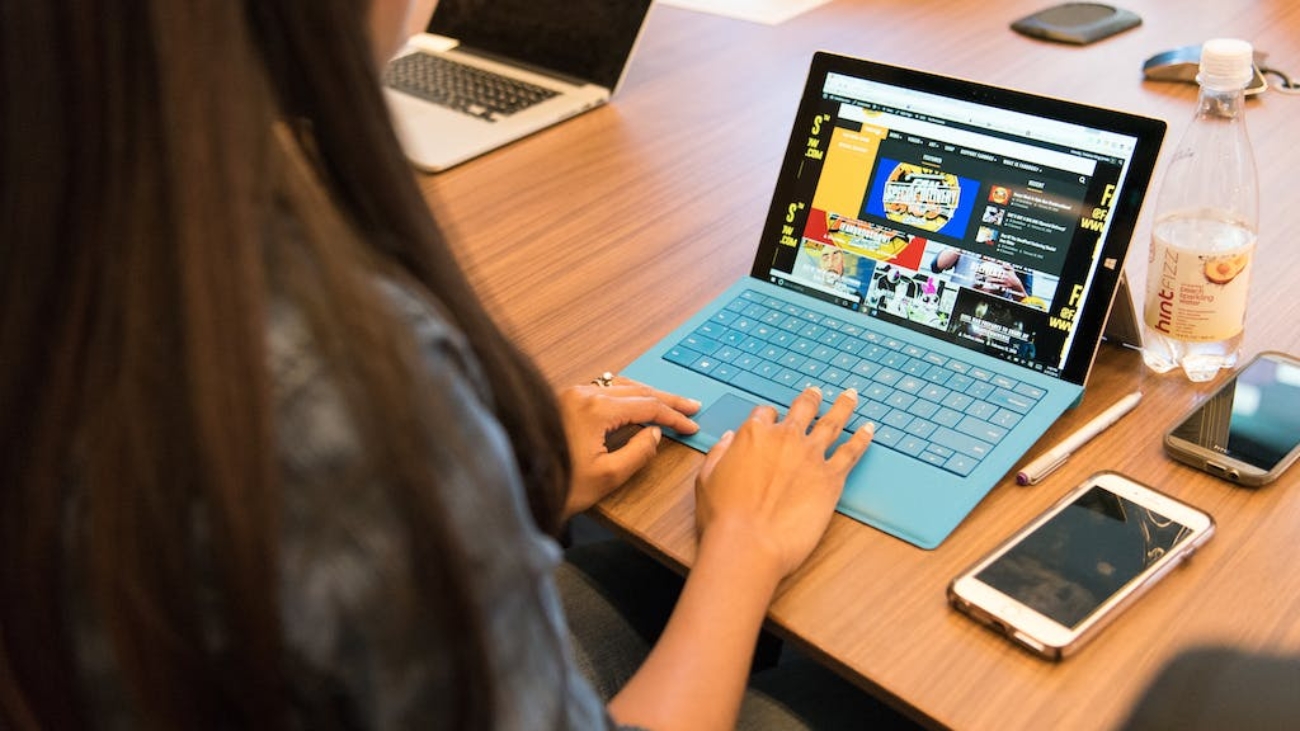In today’s digital age, a laptop is essential for work and leisure. However, with the myriad of available options, finding the perfect laptop can take time and effort. Here’s a list of key considerations when purchasing a laptop.
Consider the Purpose and Functionality
Before diving into the specifications and technical details, it’s important to determine your laptop’s purpose and intended use. Are you primarily using it for simple web browsing and document editing? Or do you require more processing power for graphic design, video editing, or gaming? Understanding your specific needs will narrow your options and help you choose a laptop that suits your requirements.
Size and Portability
The size and portability of a laptop are factors to consider, especially if you plan on carrying it around frequently. Laptops come in various sizes, ranging from ultraportable 11-inch models to larger 17-inch models.
Smaller laptops are more lightweight and easier to carry, making them ideal for constantly moving users. Getting a smaller, lighter laptop would be wise if portability is a priority. However, larger laptops often offer a larger display and more comfortable keyboard, which may be preferred by users who require more screen real estate or need to work extensively with complex software.
Performance and Specifications
When it comes to performance, several factors come into play. The processor is vital, as it determines the speed and capability of your laptop. Intel Core processors are widely recognized for their reliability and performance, with i5 and i7 models being popular in the market.
Additionally, RAM and storage capacity are vital considerations. While 8GB RAM is sufficient for everyday tasks, 16GB or higher may be necessary for resource-intensive activities like photo and video editing or running virtual machines. As for storage, traditional hard drives (HDD) offer larger capacities at a lower cost, while solid-state drives (SSD) provide faster boot times.
Operating System and Software Compatibility
The right operating system (OS) determines which software and applications you can use on your laptop. The three main OS options are Windows, MacOS, and Chrome OS.
Windows is the most widely used OS, providing compatibility with a vast range of software. macOS, exclusive to Apple laptops, offers a seamless integration with other Apple devices and is preferred by creatives. Chrome OS is a lightweight OS designed by Google, mainly used for web-based tasks and ideal for users who primarily work in the cloud.
Budgetary Considerations
Lastly, consider your budget when purchasing a laptop. Laptops come in varying price ranges, and balancing performance and cost is crucial. Setting a budget and prioritizing your needs will help you find a laptop that offers the best value for your money.

